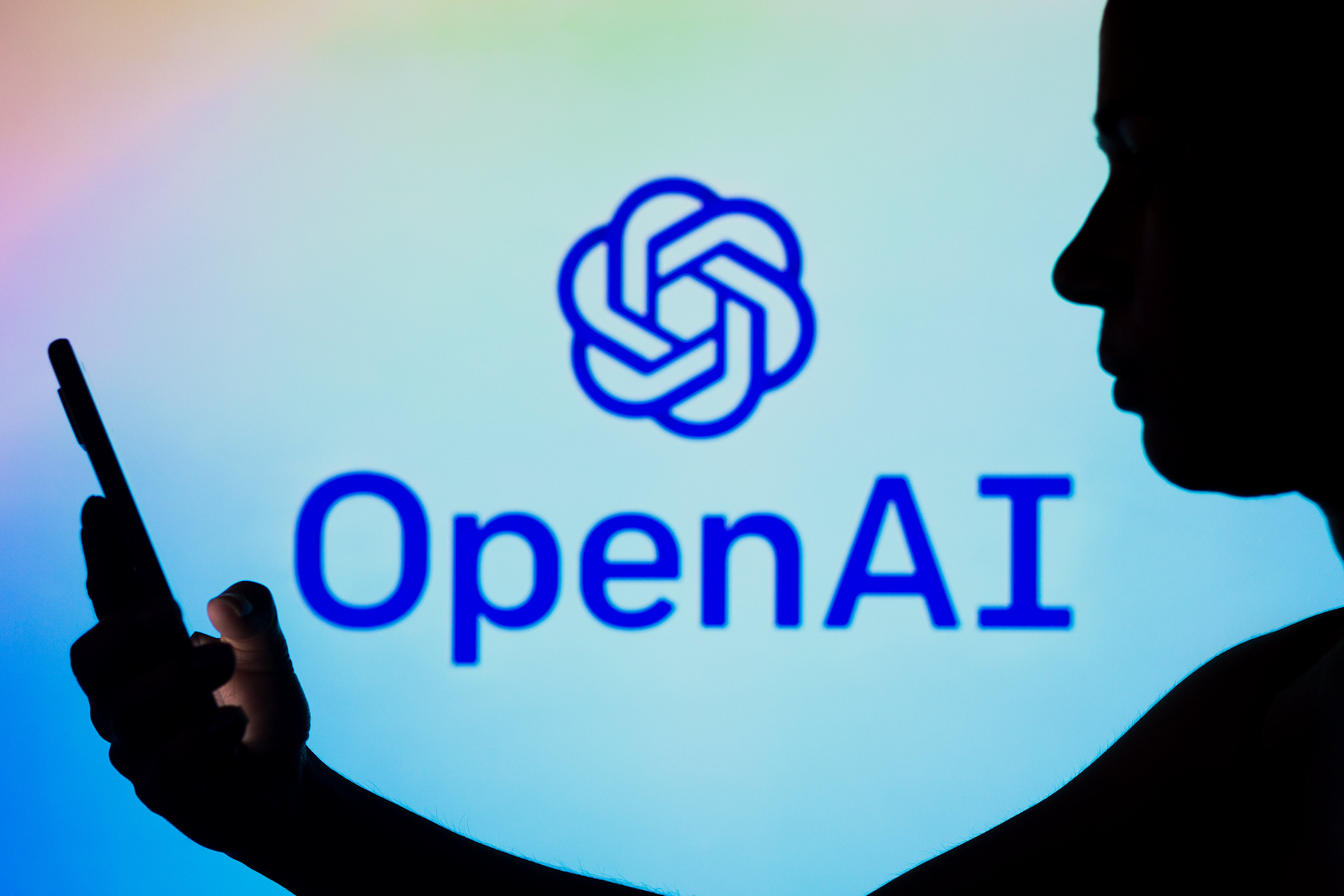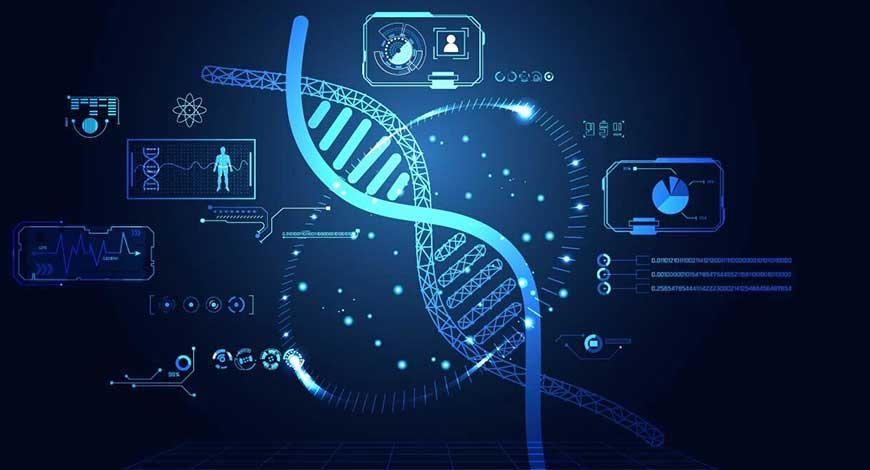WHAT HEALTH CARE MEANS VIA CHAT GPT
By facilitating intelligent
and individualized contact between patients, healthcare providers, and
researchers, ChatGPT can play a significant role in the healthcare sector. It
may help with a variety of functions, including diagnosis, suggesting a course of
treatment, managing medications, educating patients, and remote monitoring.
individualized
treatment options by analyzing patient data to find patterns and offer
suggestions.
click here>>>https://53ce3oqlmiu3-51khc7dgbao0i.hop.clickbank.net
In conclusion, ChatGPT has the potential to dramatically enhance the effectiveness and quality of healthcare by facilitating intelligent and individualised communication with patients and healthcare providers and by facilitating medical research. It is crucial to remember that ChatGPT should be utilised to supplement and improve the skills of human healthcare practitioners rather than as a replacement for them.
In the context of patient
care, ChatGPT may give patients prompt, accurate responses to their
health-related queries as well as support them in managing their medication and
symptom monitoring. By giving them access to pertinent data like medical
histories, lab findings, and treatment alternatives, it may also help
healthcare professionals diagnose and treat patients.
ChatGPT may also be applied in medical research to find novel medicines, forecast disease outbreaks, and examine patient data. It can help in the growth of
The consumer internet
application ChatGPT may have the quickest rate of growth ever. The OpenAI
artificial intelligence (AI) chatbot, which was released in November, quickly
surpassed 100 million users. Its outstanding talents are the reason for its
exceptional appeal. Bill Gates, the man who started the personal computer
revolution, thinks ChatGPT will "change the world," saying that AI is
just as significant as the personal computer and the internet.
Here, we talk about how ChatGPT could alter the face of medicine and if it can do so morally. What is ChatGPT capable of, and why is it so well-liked?
Artificial intelligence
(AI), once the stuff of science fiction, is now widely deployed, even in our
daily lives - frequently without our awareness. But until recently, AI was
unable to fully comprehend the information. Despite being able to read and
write, artificial intelligence has not yet reached the next degree of intellect
that comes from comprehending. It appears that this upcoming level has been
unlocked with Chat GPT.
An AI-powered chatbot called ChatGPT exists and mimics natural human speech. It can respond to text prompts by writing jokes, essays, job applications, and even articles. Chat GPT has dazzled the globe with its powers since it was released in November 2022, having passed law examinations at the University of Minnesota and the Wharton School of Business at the University of Pennsylvania, written feature-length pieces and programmed whole websites. Human curiosity about technology's immense potential has made ChatGPT so popular. Due to its youth and adaptability to several sectors, its full potential has yet to be realized. Leaders across various industries have already started to investigate its potential benefits. Search engines, education, graphic design, research, healthcare, retail, finance, manufacturing, logistics, and travel are just a few of the industries that ChatGPT is prepared to upend. Other sectors that stand to gain from the technology include banking, retail, and graphic design.
Here, we concentrate on how it may be applied in healthcare, how it might change the sector, and what ethical ramifications need to be taken into account.
HOW COULD CHATGPT
TRANSFORM HEALTHCARE?
The usage of ChatGPT in healthcare has a wide range of possible uses, and depending on how much it can advance healthcare, our healthcare systems may undergo a significant change. The usage of telemedicine has increased since the COVID-19 pandemic, and ChatGPT can support this change by creating virtual assistants that can schedule patient visits, aid patients with treatment, and maintain their medical records.
ChatGPT can help with
clinical decision support by offering real-time, evidence-based
recommendations, such as flagging potential drug interactions, suggesting
treatment options for a specific condition, and providing pertinent clinical
guidelines. Human doctors will always be required to make the final decision on
healthcare decisions.
maintaining medical records
is another ChatGPT that will probably enhance healthcare systems in this area. This
would effectively streamline the record-keeping process by summarising patient
medical histories. Theoretically, medical practitioners might speak to ChatGPT
and have it automatically summarise the most important information.
Healthcare organisations can
benefit from ChatGPT's real-time translation feature as well. The system's
sophisticated language processing skills might be used to swiftly and accurately
interpret technical phrases and medical jargon, ensuring that patients
completely comprehend their diagnosis, available treatments, and prescribed
treatments.
>>click to order it >>bit.ly/3B640a7
Numerous internet tools are already available for checking symptoms and assisting individuals in deciding whether to seek medical assistance. Using ChatGPT, it is possible to create more precise and trustworthy symptom checkers that might offer more personalized advice on what to do next. Additionally, ChatGPT may improve medical education. The technology may give students and medical professionals immediate access to the data and tools they need to assist their growth. Last but not least, ChatGPT offers prospective uses in patient triage, remote patient monitoring, medication management, illness surveillance, mental health care, and more.
DO CHATGPT'S
DISADVANTAGES APPLY TO HEALTHCARE?
Systems must be put in place to ensure that patient information is kept confidential. Additionally, there is a chance that consumers would naively believe that ChatGPT is always 100% correct as a result of its amazing capabilities. ChatGPT should not be used to perform any job or offer any information; rather, it should be used to help. Great caution should be exercised since ChatGPT's AI-generated information has the potential to negatively affect someone's health if it is inaccurate. Overall, ChatGPT offers a lot of promise to simplify and enhance healthcare systems. This technology will likely be extensively used and bring about a long-term change, much like how the internet has completely transformed other sectors. However, the technology should not be utilised in place of human healthcare experts and should not be depended upon to make healthcare choices.












Comments
Post a Comment